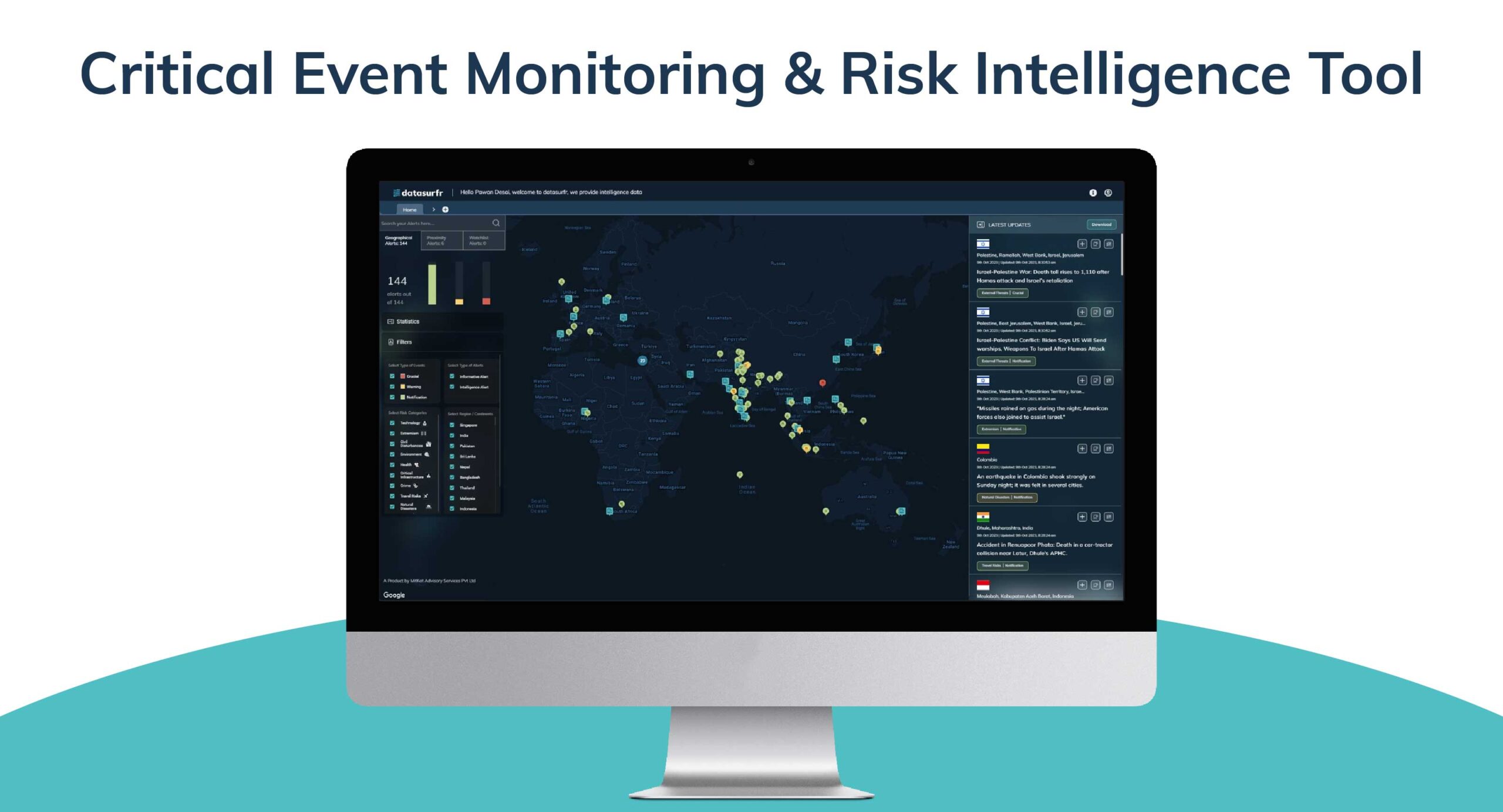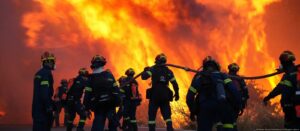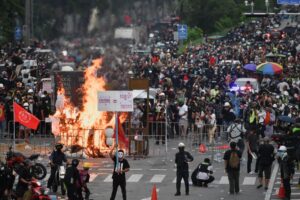Locations Affected: Democratic Republic of Congo
The Democratic Republic of Congo (DRC) is facing a severe humanitarian crisis due to attacks by the March 23 (M23) group. Since launching their offensive in January, the M23 has rapidly advanced into North Kivu province, seizing its capital, Goma, a key trade hub. After capturing North Kivu, the group expanded its offensive into South Kivu, taking control of its capital, Bukavu, amid ongoing heavy fighting. The conflict has resulted in more than 7,000 casualties, the displacement of hundreds of thousands, and severe shortages of food, water, and medical supplies.
The M23 is an armed group backed by Rwanda’s armed forces, the Rwanda Defence Force (RDF), that emerged in 2012 amid regional tensions. During their initial offensive in 2012, they were repelled by the DRC’s national army and the UN peacekeeping mission. However, regional tensions reignited in 2021, triggering a renewed attack by the M23 in eastern DRC.
The Repercussions of the Conflict
- The M23 has frequently obstructed the movement of United Nations personnel and blocked humanitarian corridors, exacerbating civilian casualties and human rights abuses. According to a United Nations Office for the Coordination of Humanitarian Affairs (OCHA) alert on 25 February, six humanitarian workers have been killed since January.
- Reports indicate rising cases of forced recruitment, looting, home invasions, kidnappings, and sexual violence. Insecurity has also forced several local health facilities to suspend operations.
- The conflict has led to the militarization of mining sites in eastern DRC, which are rich in natural resources critical for electronics manufacturing.
- The United Nations and the Security Council have increased pressure on Rwanda to end its support for the M23 and have urged both countries to resolve the conflict through peace talks. The European Union (EU) and the United Kingdom have also imposed measures on Rwanda. Rwanda has denied allegations of supporting the M23.
- The East African Community (EAC) and the Southern African Development Community (SADC) discussed measures to implement a ceasefire during a meeting on 24 February.
Outlook on the Situation
The UN peacekeeping mission has warned that security in the DRC remains highly unpredictable. The M23 is expected to continue its advances, further worsening humanitarian conditions and raising the risk of a broader regional conflict. A resolution to the crisis will depend on an end to hostilities and peaceful cooperation between the involved parties. Ceasefire measures could be further discussed during the EAC-SADC foreign ministers’ joint summit on 28 February. Additionally, the DRC will require significant humanitarian access to mitigate the crisis caused by the violence.






